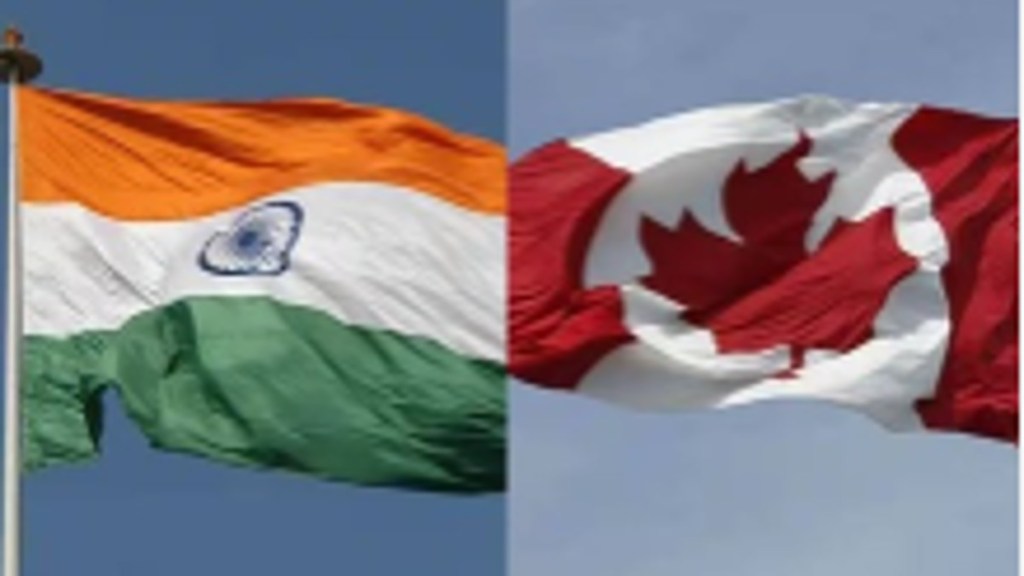Late Monday evening (Oct 14, 2024) India has withdrawn its High Commissioner and other targeted diplomats from Canada in a move that escalates already strained relations between the two nations.
The decision comes after the Indian government expressed concerns about the safety of its diplomats due to the “baseless targeting” by the Canadian government.
The Ministry of External Affairs (MEA) of India issued a strong statement on October 14, 2024, calling the actions of the Canadian government “unacceptable” and accusing Prime Minister Justin Trudeau of fuelling extremism and violence against Indian officials.
India’s Firm Response to Canada
The Canadian Charge d’Affaires was summoned by MEA to convey India’s decision to withdraw its diplomats. According to the official statement, “the baseless targeting of the Indian High Commissioner and other diplomats and officials in Canada was completely unacceptable.” The Indian government expressed its concerns that the atmosphere of “extremism and violence” supported by the Trudeau administration endangered the safety of Indian personnel. As a result, India has taken this significant step to ensure their security.
The MEA’s statement highlighted the lack of faith in the Trudeau government’s ability to protect Indian diplomats, saying, “We have no faith in the current Canadian Government’s commitment to ensure their security.” India further emphasized that it “reserves the right to take further steps” in response to what it perceives as Canada’s support for extremism, violence, and separatism.
A Pattern of Deteriorating Relations
India’s decision follows months of heightened diplomatic tensions, largely attributed to Prime Minister Trudeau’s allegations in 2023 accusing India of involvement in the murder of Hardeep Singh Nijjar, a prominent Sikh separatist leader in Canada. These claims, made without substantial evidence, have been repeatedly rejected by the Indian government. The ongoing tensions between the two nations have seen India reducing Canada’s diplomatic presence in New Delhi, citing the principle of reciprocity.
The latest allegations from Canada suggesting that India’s High Commissioner and other diplomats are “persons of interest” in an ongoing investigation further aggravated the situation. The MEA dismissed these accusations as a continuation of politically motivated attacks, noting that “these baseless allegations appear to be part of a deliberate strategy to malign India for political gains.”
Impact on Diplomatic Ties
The withdrawal of Indian diplomats marks a serious escalation in the diplomatic standoff. India has consistently voiced concerns about the activities of pro-Khalistani extremists in Canada, which it claims have been allowed to operate under the guise of free speech. These groups, India contends, pose a significant threat to its diplomats and interests in Canada, with reports of intimidation and death threats targeting Indian officials.
Despite occasional diplomatic engagements, such as a brief meeting between Trudeau and Indian Prime Minister Narendra Modi during the ASEAN-India Summit in Vientiane, Laos, there appears to be little progress in resolving the underlying issues. India maintains that tangible action is needed from Canada, not just dialogue, to curb anti-India activities and prevent further deterioration of relations.
MEA reiterated its posture, stating, “India continues to expect that anti-India activities, including violent extremism and terrorism, will be curtailed in Canada.” The decision to withdraw its diplomats underscores India’s commitment to ensuring the safety of its personnel abroad and signals that it is prepared to take further measures if necessary.

